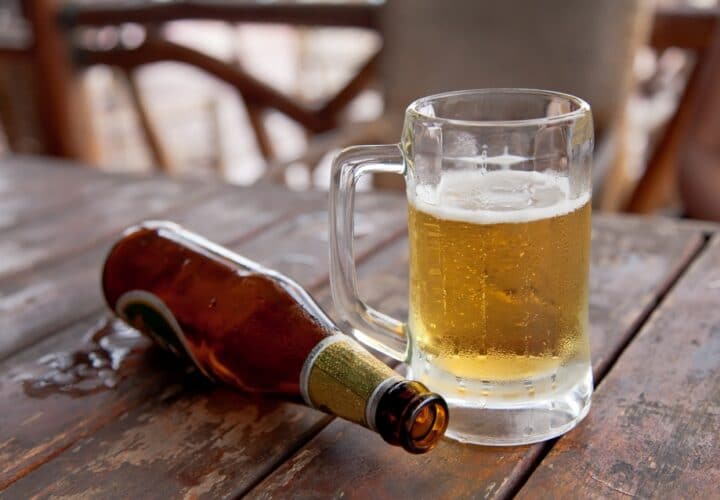In a mice study, researchers found that heavy drinking in adolescence may lead to long lasting effects on the brain.
You knew those bottomless mimosa brunches and weekly keg parties in your youth probably were not a good thing, but is partying in your youth really all that harmful? Possibly. New evidence on binge drinking in your teens is sobering: A Columbia University study has found that consuming a lot of alcohol when you’re young may have long-term effects on memory.
Adolescents between 12 and 20 are estimated to consume about 10 percent of the total alcohol sold in the U.S., even though they’re under the legal drinking age. Consumption during these years often is in the form of binge drinking—for women, that’s three to four drinks in one sitting and five drinks for men.
While the brain’s development goes through the most changes by age six, parts of the brain keep changing through adolescence—and possibly through age 25.
Columbia University researchers examined how alcohol affects the still-developing brain in mouse models. In other words, they got young mice drunk, then observed them until adulthood to see how their brains developed in comparison to mice who were not exposed to binge-drinking levels of alcohol.
They found that binge drinking led to faulty working memory in adulthood. Working memory is the memory required to make decisions and follow instructions. They also found that the binge-drinking mice had altered neurons in their prefrontal cortex, the part of the brain responsible for judgment. “The prefrontal cortex undergoes significant development during adolescence and hence may be especially susceptible to the effects of binge drinking,” wrote the researchers.
Besides changes to the brain and memory, the scientists saw that mice who were exposed to binge drinking in adolescence were also more likely to drink alcohol quickly in adulthood, consuming it quickly in the first five minutes it was available. Binge-drinking tendencies have been linked not only to higher rates of dementia, but also cancer and heart disease.
Of course, this study was performed on mice, not humans. But the researchers said it can tell us valuable information about how alcohol affects humans and sheds light on other studies that show binge drinking has an effect on problem-solving tasks. “These findings may help explain why human adolescent binge drinkers show performance deficits on tasks mediated by the prefrontal cortex,” the researchers wrote.
This study was published in The Journal of Neuroscience.



